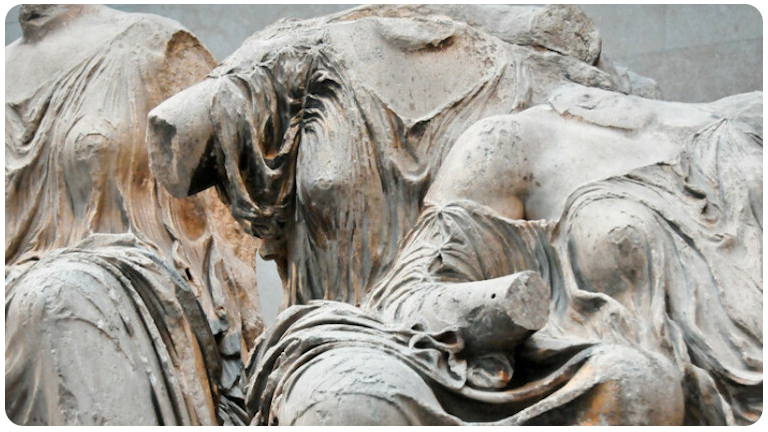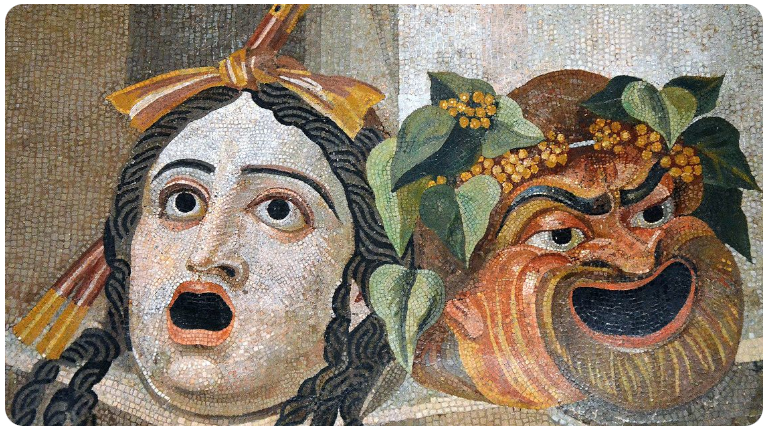Category: Cultural Trends
-

Good, gooder, goodest.
•
Way back in 1770 the French philosopher, historian, and poet Voltaire wrote that “Perfect is the Enemy of…
-

Prisoners in the museum
•
The classical Greek conception of the afterlife was not a particularly attractive one. In Homer’s universe, the vast…
-

In the Mood
•
In a twenty-two-year-old farm boy from rural Alabama, barriers to comprehension were high. It didn’t take me long…
-

A Likely Story
•
We all have our own sacred cows, ideas that are so deeply embedded in our psyches that we…
-

Paddling Point Nemo
•
Any time you have more than one person in a room, you’re going to have differences. Despite these…
-

Really and truly.
•
Voltaire pointed out in 1733 that “The interest I have in believing a thing is not a proof…
-

Elaine, let’s get the hell out of here.
•
Elaine de Kooning once recalled a party where she and another painter, Joan Mitchell, were asked, “What do…
-

Bonfire of the Vanities
•
The market value of the works that Richter is known to have obliterated is estimated at somewhere around…
Recent Posts
Social Media & Email
Sign up for email notifications!
Click here to get on my mailing list for advance info and excerpts from upcoming work and events. Just put “Mailing List” in the subject line.




